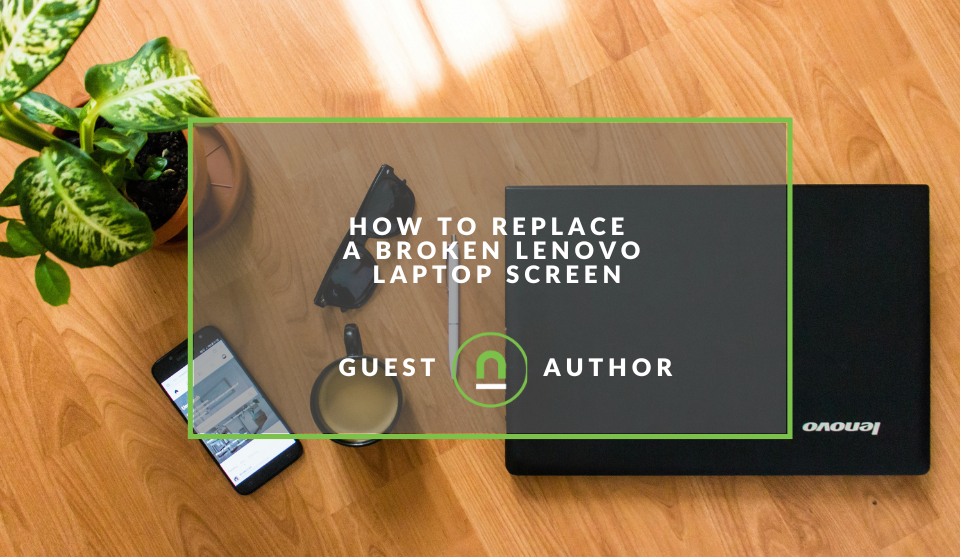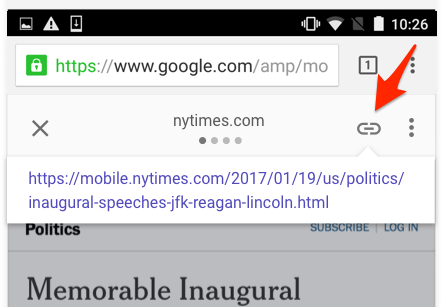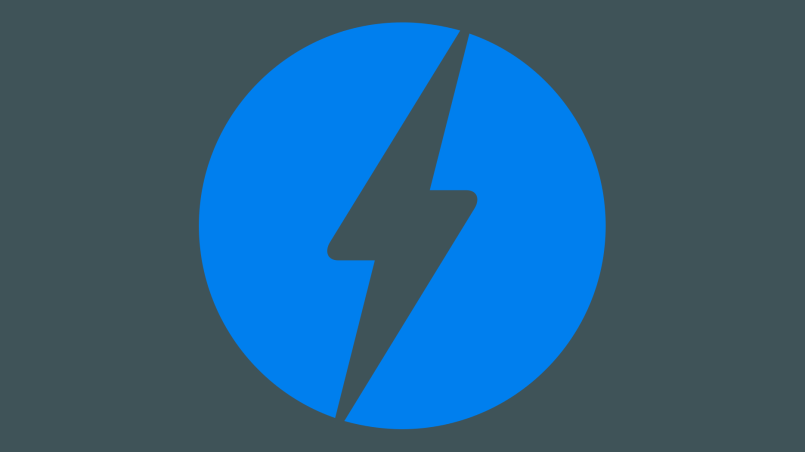Recent posts

Mind, Body & Soul
Do Not Whistle at Night: South Africas Strangest Superstitions
26 April 2025

Geek Chic
How to Replace A Broken Lenovo Laptop Screen
24 April 2025

Money Talks
Everything You Need to Know About SASSA Status Check
13 April 2025

Mind, Body & Soul
The Genetic Diversity of Cannabis Seeds
12 April 2025
Popular posts
Extravaganza
Trending Music Hashtags To Get Your Posts Noticed
24 August 2018
Geek Chic
How To Fix iPhone/iPad Only Charging In Certain Positions
05 July 2020
Extravaganza
Trending Wedding Hashtags To Get Your Posts Noticed
18 September 2018
Money Talks
How To Find Coupons & Vouchers Online In South Africa
28 March 2019
Google Updates AMP's To Give Publishers Visibility
08 February 2017 | 0 comments | Posted by Che Kohler in nichemarket Advice
The AMP project has not always been greeted with the fanfare Google expected and after tonnes of feedback from publishers,
AMP and Google URLs
Google has been displaying AMP content by effectively making a copy of it and rendering it from its own servers, something that Google says makes AMP both faster and more secure for users. However, this has raised concerns with publishers and some users, who have found the system difficult for reaching content directly on a publisher’s site. That means those who copied and pasted the URL to share via a tweet, through Facebook or some other way were sharing Google’s URL, not the actual publishers' address. In the end, it made no real difference. Google AMP URLs, when shared outside of Google, just redirect back to publishers. But that depends on Google maintaining the system that way. For many publishers, it’s just safer and more dependable to have people sharing their own direct URLs.
Google surfacing direct URLs
Google’s new change allows this. Now, the URL field of a browser will continue to show a Google URL. However, the AMP header area will display a link or chain icon, what it calls the “anchor” button. Clicking on this will make the publisher’s direct URL appear so that it can be easily copied and pasted:

AMP anchor button
For those who hold down on the anchor button, Google says it will trigger the native share feature of the browser being used. With Safari, that means easy access to things like Twitter or Facebook. With Chrome, it lacks native share, so nothing should happen. Next, to the anchor button, the three dots that Google calls the “overflow” icon brings up help information about how AMP is displayed.
For those using Google’s search app on iOS, native sharing is already enabled. Google says that those using Google search through its app or native features on Android will get URL sharing features in the coming weeks.
Google also said that it’s looking at ways to use the Web Share API so that the AMP header can offer to share directly if publishers make use of it. Whether this is enough to please some publishers will remain to be seen. It depends largely on users recognising what the new anchor button is intended for. Those who keep copying and pasting from the address bar will continue to get Google URLs.
For more about Google’s stated reasons for making copies of AMP pages to improve security and speed, see our previous article or see Google’s blog post today on the Google Developers Blog, which goes into depth on the subject.
AMP progress
Google doesn't look like it will be giving up on the AMP project anytime soon and it could have huge SEO impacts considering the growth of mobile search. While I'm not fully convinced this is the way to handle mobile it does have certain merits and could be the stepping stone to better technology.
Contact us
If you want to know more about AMP and mobile SEO don’t be shy we’re happy to assist. Simply contact us here
Tags: Mobile Marketing, SEO
You might also like
What Are Relational Database Management Systems?
28 March 2025
Posted by Che Kohler in nichemarket Advice
Learn what relational database management systems are, how they organize data using tables and relationships, and why they remain essential for busin...
Read moreDo Not Whistle at Night: South Africas Strangest Superstitions
26 April 2025
Posted by Julian Parker in Mind, Body & Soul
Discover South Africas most enduring superstitions, from midnight whistling to mirror placement and why these beliefs still shape everyday life for s...
Read more{{comment.sUserName}}
{{comment.iDayLastEdit}} day ago
{{comment.iDayLastEdit}} days ago
 {{blogcategory.sCategoryName}}
{{blogcategory.sCategoryName}}

